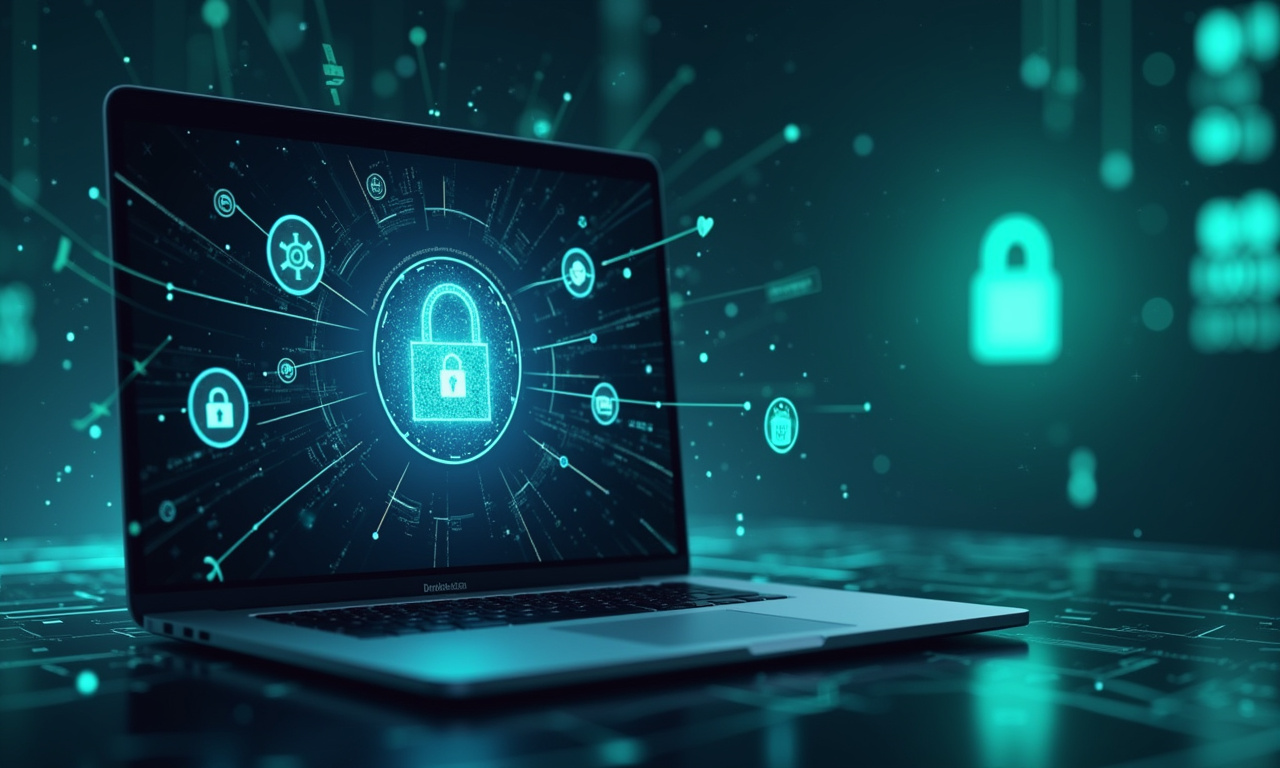It isn’t hard to see why Delabs is betting big on 2025. The success of the company all depends on Ragnarok Libre and the $DELABS token. Yet in the wild west of web3 gaming, are they building a sustainable homestead? Or are they just paving the way to another boomtown that’s destined to bust? I have my own thoughts on it.
Tokenomics: Fair Play or Whale Territory?
Let's talk $DELABS. Each of these web3 games touts some level of decentralization, community ownership, and new player-driven economy. But often, the reality is a small group of "whales" controlling the majority of the tokens, dictating the game's direction, and ultimately profiting off everyone else's hard work.
Is Delabs different? They're launching the token into a live economy, which is a huge step up from the "launch first, figure out utility later" approach we've seen crash and burn so many times. The devil's in the distribution details. How will the tokens be allocated? Leaving disproportionate supplies in the hands of early investors and the Delabs team, while leaving the average player with a few crumbs. Alternatively, will there be a meritocratic process created and communicated so that players can earn and obtain $DELABS by playing the game?
Again, this isn’t simply a matter of fairness, though that’s certainly important. It’s a matter of long-term sustainability. A sustainable game economy requires a large population of active participants rather than a small number of deep-pocketed investors. If $DELABS becomes another "pay-to-win" token, it'll be a death knell for Ragnarok Libre and Delabs' ambitions. I’m just plain ol’ anxious to see the actual tokenomics breakdown though, and hoping for some good vibes here.
Governance: Who Really Controls the Game?
Web3 promises power to the players. But just how much power will $DELABS holders wield? But will they get to vote on important game-changing decisions? Are they able to shift development priorities and assist in guiding the Delabs platform’s overall direction? Will their “governance” rights be limited to token-specific matters? In the meantime, will Delabs team keep creative control?
This is where the “principled” part of the equation comes in. True web3 gaming isn't just about slapping a token onto an existing game. It's about fundamentally rethinking the relationship between developers and players. It’s about giving the community the tools to help build the game they want to play, rather than simply playing what they’re given.
To earn our trust, Delabs should be crystal clear on its governance structure and fully commit to providing $DELABS holders with meaningful power. If they don't, they risk alienating the very community they're trying to build. Don’t let them pull a fast one on you like so many other games that claimed decentralization while ultimately maintaining centralized control.
Ethics: Gaming's Untapped Moral Compass
We frequently discuss the financial and technological opportunities within web3 gaming, but where are the conversations on ethics? Does Ragnarok Libre promote responsible gaming habits? Are there comprehensive safeguards to protect against addiction, abuse, fraud or manipulation? How does Delabs hope to tackle concerns of data privacy and security in this hyper-connected world?
These aren’t even luxuries, they’re necessities to lay a solid foundation for a sustainable, user-first, and trustworthy web3 gaming ecosystem. I am not going to bend on matters of ethics and consumer protection.
Delabs’ emphasis on midcore games across platforms such as Telegram and LINE begs compelling questions. Like they have on user acquisition challenges, it places them onus on the individual to be responsible. Now these are platforms with unprecedented reach, increasingly following younger audiences. What measures will Delabs put in place to promote responsible gaming practices within these immersive spaces?
- Responsible Gaming: Implement features that encourage breaks, set spending limits, and provide resources for players struggling with addiction.
- Data Privacy: Be transparent about data collection practices and give players control over their data.
- Fraud Prevention: Implement robust security measures to prevent manipulation and protect players' assets.
Delabs has an exciting opportunity to lead the way for a new standard of ethical web3 gaming. By putting responsible practices first and focusing on building trust with its community, it has the potential to create a truly sustainable and successful platform.
Growth at All Costs? Think Again
The narrative of web3 gaming today is one of “growth at all costs.” Get users, pump the token, figure out how to make it sustainable later. That would be short-sighted and ultimately self-defeating.
Sustainable growth can only be built on a robust bedrock of ethical governance, community empowerment, and true gameplay value. It takes the time to establish trust and credibility, rather than pursuing the latest trend.
Delabs succeeds by resisting the temptation of easy dollars. Rather than focusing on the immediate outputs you can produce, it focuses on building the architecture necessary for a long-running, self-sustaining ecosystem. To us, this looks like ensuring its tokenomics are fair, giving control to its community, and acting ethically.
If they are successful in doing that, they will meet their ambitious growth targets of 2025. They’ll help set the stage for a more principled and sustainable long-term future for web3 gaming. Otherwise, they’ll become yet another statistic on a long list of failed web3 projects.




